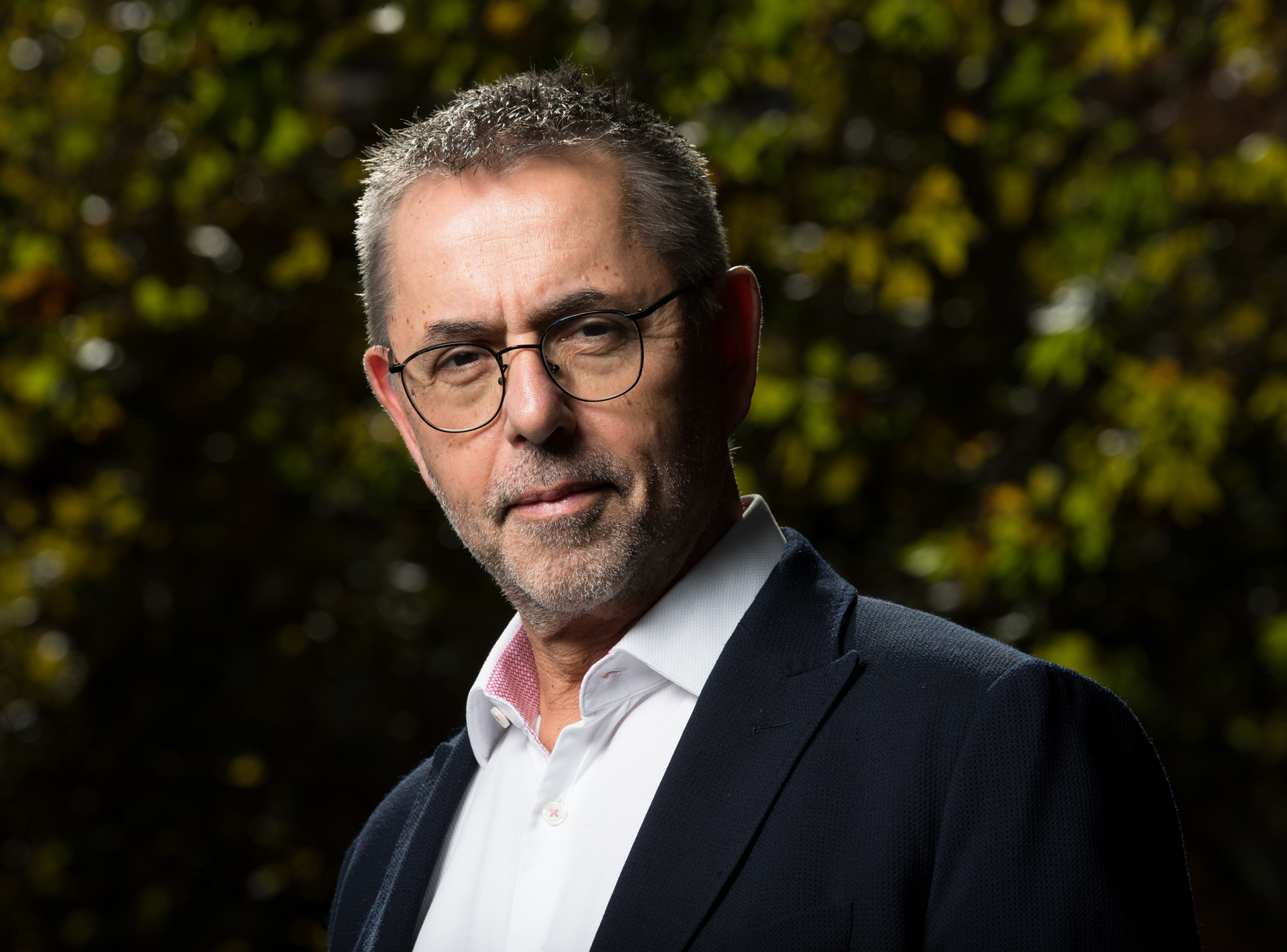 Celebrity medical journalist, Dr Norman Swan, will be hosting an online seminar for GPs around Australia that counts towards their CPD.
Celebrity medical journalist, Dr Norman Swan, will be hosting an online seminar for GPs around Australia that counts towards their CPD.
The webinar, on Wednesday 8 January 2023 at 7.00pm AEST, will discuss what practices can do now to be better prepared for changes to Australia’s healthcare system, including the opportunity to participate in a live Q&A with Dr Steve Hambleton, and Dr Walid Jammal, two highly experienced GPs who have been involved in the reform process.
Dr Hambleton is a QLD GP and the Chief Clinical Advisor to the Australian Digital Health Agency, a former president of the AMA, and has worked in the same general practice for 33 years; while Dr Jammal has been a Sydney GP for 29 years and has expertise in health policy and reform, as well as models of care in general practice – including the Patient Centred Medical Home framework.
Dr Swan, a regular on 7.30, News Breakfast, The Project, Four Corners and ABC Radio, is also the co-founder of Tonic Media Network, who produce the series.
He explained that while the outcomes and recommendations of the Strengthening Medicare taskforce are yet to be revealed, the depth and complexity of the discussions taking place within the industry suggest that some of the biggest changes in general practice in decades are about to occur.
“Our Exclusive GP Webinar Series, General Practice in a Rapidly Changing World, focuses on critical issues facing general practice and GPs today,” Dr Swan said.
“Each instalment features a panel of guest speakers who participate in interactive discussions, share their expertise on the topic at hand, and offer an extensive knowledge base that is second to none.”
Many of the Webinars in the series are CDP accredited, and the second episode will count towards one hour.
The first webinar was uploaded to Spotify as a podcast in December 2022 and featured Professor Adam Elshaug, the director of the Centre for Health Policy at the University of Melbourne; Professor Euan Wallace AM, Secretary for the Victorian Health Department; Professor Simon Towler, a specialist in intensive care and WA’s former chief medical officer; and Professor Sarah Lawrence, an expert in general practice and rural medicine, as well as the Associate Dean of Research at James Cook University.
While several professional bodies within the industry have focussed on an increase of funding within the existing model, discussion in the first episode revolved around the best way to transition Australia to GP led shared care and the paradigm shift that must occur to support it.
“Opportunities really abound in GP led and shared care models, but barriers to those exist,” Professor Elshaug said.
“We have done a large piece of work for Cancer Australia looking at the role of shared care, GP led shared care models around breast cancer survivorship, and we have demonstrated that we could free up thousands and thousands of oncologist hours, primarily in public hospitals per year if we could implement some GP led share care models in public hospitals around Australia.”
Similarly, Professor Wallace shared that in Victoria there were almost 450,000 avoidable admissions to hospitals each year by people who could, and should, have seen a GP instead.
“We think there is probably in the region of $600 to $700 million worth of avoidable admissions, including for chronic disease, if the care in the community was more comprehensive,” Professor Wallace said.
Professor Lawrence highlighted that there is strong international evidence that health systems based on a strong, centralized primary care system deliver better health outcomes, and higher satisfaction at lower costs, than Australia’s.
“The evidence about what does make a difference in general practice in terms of behaviour change does point to the value of ongoing relationships, engaged patients and consumers – in terms of being involved in their care – a good relationship with their practitioner in an ongoing basis, and having sufficient time to discuss that,” she said.
“General practice is grossly underutilized in managing conditions for which they are capable,” Dr Taylor added.
“The GP model is fundamentally different to hospital care: it is a partnership with the patient over time exploring diagnosis, early therapies, and the response to that treatment. Hospitals do not provide that.
“We have seen the introduction of a long-COVID clinic in the [WA] Metropolitan Health Service, which is multidisciplinary, tied back to general practitioners, and is providing high quality care.
“What we have got at the moment is not working, but the hospitals’ assumption to just push the patients back out into the community because they are running out of beds and overwhelmed is not legitimate.”
Professor Lawrence explained that while many costs have been driven up by the ageing of the population, the cost of services per person has become more expensive primarily due to the increased need for hospital inpatient care.
“And the workforce is completely unbalanced,” Professor Lawrence said.
“We want people getting the correct, appropriate health care provided by health professionals with the correct skills and the right location, at the right time, in a very equitable manner, and then increasing that number.
“There is an enormous variation in health care for the same conditions that I think is a reflection of waste. And by reducing variation to meet the needs of patients and improve their outcomes you create value – value as measured by outcomes.
“It is not about cost per service, it is about cost for outcomes – in terms of cost basis and how you measure it… you may actually increase the costs, but for that you get a better outcome.”
Interested GPs can register their details to watch the latest online seminar at https://us02web.zoom.us/webinar/register/6016750313362/WN_UrKloI-dR3uuChqRg3p9Lg

